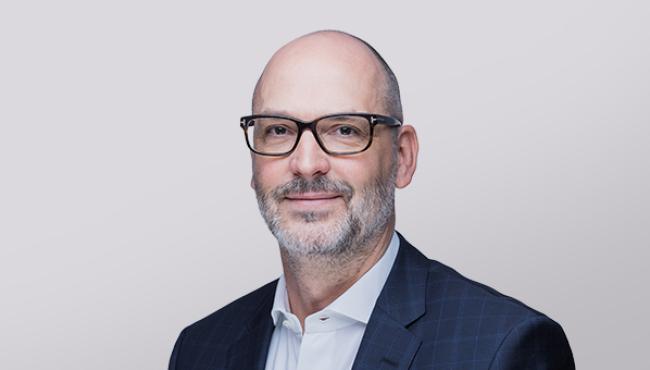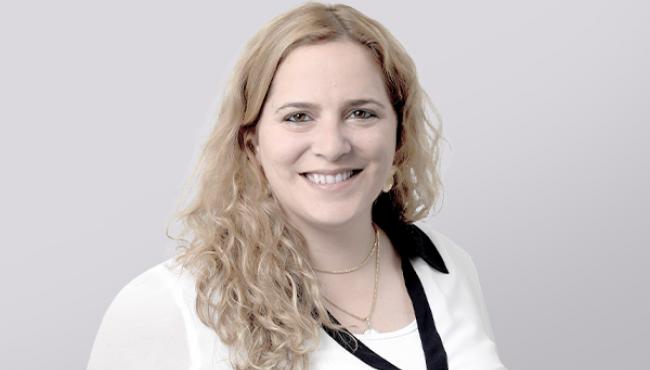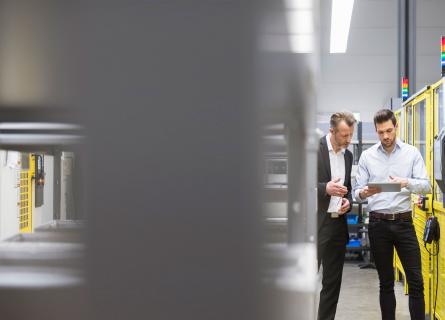
Holding the handlebars
Disruptions in the pulp & paper industry have contributed to increased costs of at least 5% from supply chain only.
Navigate the volatility
Changes in consumer behaviour and shifts in operating patterns within the pulp and paper industry during the pandemic triggered some longer lasting effects globally, such as fluctuations in paper and pulp supply and demand, and consequently, recurring price increases. While paper mills were facing increased inventories of unsold paper in 2020, the rebound of economy and paper demand in 2021 brought down the inventories to historically low levels.
Disruptions in the market have been intensified not only by a quick increase in pulp prices, but also by an increase in mill costs. The effects of the supply chain disruptions are still fluttering – gaps in supply have driven domestic transportation and logistics costs up, international shipments have been impacted by paused and delayed shipments, companies have been forced to rely on the spot market to ensure timely availability of products, while some existing long term supply agreements have been jeopardised. All together, these disruptions have contributed to increased costs of at least 5% from supply chain only.
Define a way forward
Acknowledging the cyclicality of the industry, particularly regarding product prices, expectations are that sooner or later, the current strong pricing environment will level off or even fall. It is therefore critical for companies to gather a deep understanding of the underlying trends, particularly on the cost side, to prepare for a rainy day.
As an example, the trend price in real terms for OCC (old corrugated containers) in Europe has been increasing faster than the corresponding price for testliner. Yet, fibre costs are not the only headache in the industry: Costs for energy, chemicals and labour have increased significantly, with energy currently being the biggest challenge influencing all variable costs.
As long as producers are able to pass on cost increases, the problem remains limited. However, industries and markets are constantly restructuring. Let us take the European containerboard market as an example: There is a constant stream of new capacity entering the market, anything from machine upgrades and new machines to repurposed machines from other grades. Typically, capacity has been growing faster than demand, ultimately forcing high cost mills out of the market. As new capacity is more efficient than older, marginal costs fall and induce margin pressure. Demand growth alone is not sufficient to ensure current profitability. It is therefore paramount to keep a constant focus on mitigating cost increases to protect margins.
While the inflation of costs may have quite different factors triggering the increase on either the demand or supply side, there are generally three main types of factors to be considered when looking at cost increases:
– Demand pull – the classic case on the demand cost curve when the increased demand for products or services exceeds the installed production capacity, and more consumers or companies want the same thing at the same time.
– Cost push – in this case, although the demand remains stable, either the supply is restricted due to capacity constraints or the production costs have gone up.
– Built-in inflation – typical examples of this case are the unionised expectations on close to automatic price increases for labour, and consequently, the increase of wages and salaries triggering increased production costs.
In theory, everything looks quite straightforward. However, in real life and particularly in a production environment, everything ends being a mix of different contributors from wood supply, chemicals, energy and employment costs to capacity constraints.
Stay ahead
There are a few things to consider when aiming to stay ahead for good:
– Implement technical upgrades, however, such solutions normally take longer to implement, require investment and result in heavy capital costs, as well as generally involving a long payback.
– Take smart production solutions into use, which will enable reduction of input cost factors, eliminate variations, increase staff responsibility and accountability and avoid past errors made with “mechanical cost cutting initiatives” that do not consider the human factor or digital capabilities.
– Develop a clear strategy to build commercial capabilities to quickly enable price adjustments to accommodate raw material availability and cost changes.
– Diversify sourcing and integrate within the supply chain – manage and mitigate supply uncertainties with suppliers of all sizes, identify alternative sources for suppliers in severely affected areas, as well as identify alternative raw materials.
The need for focus on continuous performance improvement is evident. Forecasts indicate gradually increasing inflation in Europe; thus, producers need to stay alert and keep a lid on costs to stay on the treadmill. The key is to link cost evolution challenges to strategic decisions:
– Do you keep focus on operational excellence (OE), no matter what?
– Do you have a clear view of how capacity changes will impact the supply and demand balance of your markets in general, and your company in particular?
– As trade flows change, will your sourcing and supply chain adjust accordingly?
We have helped our customers based on AFRY’s proven OE methodology to improve their operational cost and achieve sustainable efficiency improvements in more than 270 projects in the pulp and paper industry, yielding identified cost savings beyond 3 billion Euros, and thus, effectively helping our business partners fight cost inflation.









